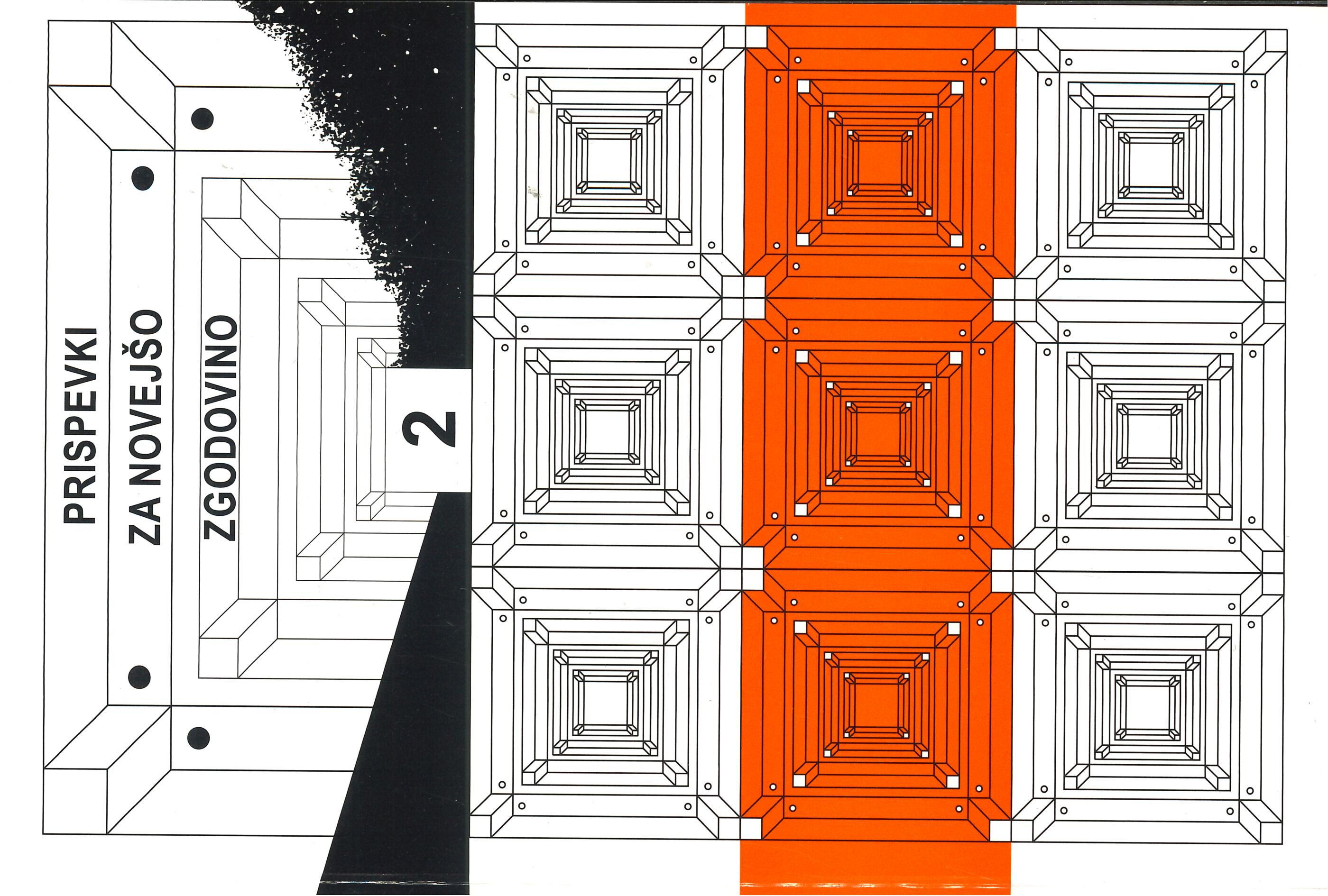Josip Jurčič’s Tradition in Muljava: The Boundaries of Localism and Nationalism
Keywords:
Slovenia, 17. century, nation, nationalism, Muljava, Josip Jurčič, local patriotismAbstract
With the example of an amateur theatre in a Slovenian village the author demonstrates that the adherence to the local community has a significant role in the establishment of everyday nationhood, especially in the communities not bordering on »others«. The writer and patriot Josip Jurčič (1844-1881) was born in the village of Muljava. In 1911 patriotic students organised the theatre staging of Jurčič’s novel for the first time. The performances, featuring »ordinary people« speaking the local dialect, became a traditional village activity. The villagers are active and creative in cultivating a memory. The identification with the significance of »our« man in the national mythology increases the importance of the village. The organisation of rituals is an important volunteer activity, which brings the village community together. The organisation of village rituals simultaneously represents the organisation of national rituals. The adherence to the local community outgrows itself. On one hand it is concrete and the members confirm it with joint activities, while on the other hand it is placed in a wider national context. The changes in the state related and ideological context (Austro Hungary, the First Yugoslavia, the socialist Yugoslavia, Slovenia) contribute to the shaping of the village rituals. Various nation building groups attempt to approximate the local patriotic nationhood to their own versions of the national ideologies. A constant misunderstanding exists between the local patriotic nationhood and the nationhood of the elites. A successful nationalism is a misunderstanding that »works«. The author’s thesis is based on the exploration of archive, newspaper and oral sources.
Downloads
Published
Issue
Section
License
Authors who publish with this journal agree to the following terms:
- Authors retain copyright and grant the journal right of first publication with the work simultaneously licensed under a Creative Commons Attribution License that allows others to share the work with an acknowledgement of the work's authorship and initial publication in this journal.
- Authors are able to enter into separate, additional contractual arrangements for the non-exclusive distribution of the journal's published version of the work (e.g., post it to an institutional repository or publish it in a book), with an acknowledgement of its initial publication in this journal.
- Authors are permitted and encouraged to post their work online (e.g., in institutional repositories or on their website) prior to and during the submission process, as it can lead to productive exchanges, as well as earlier and greater citation of published work (See The Effect of Open Access).


